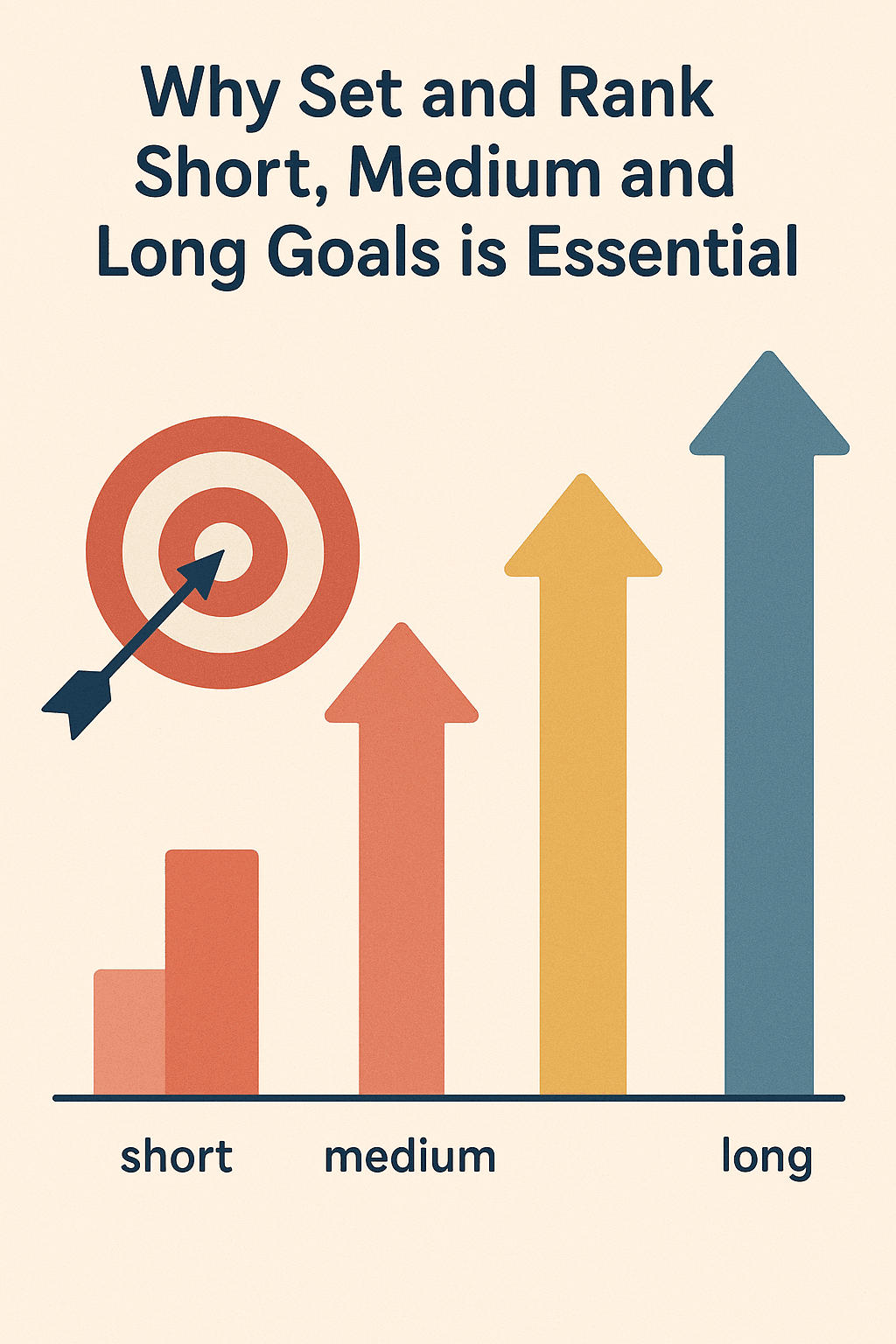What is CRM (Customer Relationship Management) Software? A Comprehensive Guide
In an increasingly competitive business landscape, understanding and nurturing customer relationships is paramount to success. This is where Customer Relationship Management (CRM) software1 comes into play. Far more than just a digital address book, CRM software is a powerful tool that enables businesses to manage and analyze customer interactions and data throughout the customer2 lifecycle.3 The primary goal?4 To improve customer service relationships, assist in customer retention, and drive sales growth.
This in-depth guide will explore the multifaceted world of CRM software, from its core functionalities and tangible benefits to the different types available and the key features to look for. We will also delve into how to select the right CRM for your business and examine the future trends shaping this transformative technology.
What is CRM Software and What Does It Do?
At its core, CRM software is a centralized system that captures, stores, and organizes customer data from various touchpoints, including your website, email, phone calls, social media, and live chat.5 This creates a unified 360-degree view of each customer, providing invaluable insights that can be leveraged across different departments, from sales and marketing to customer service and beyond.6
A Deeper Dive into CRM Functionality
Modern CRM systems are designed to streamline processes and foster collaboration.7 They automate many of the manual tasks associated with customer management, freeing up your team to focus on building meaningful relationships.8 Key functionalities include:
- Contact Management: Storing and organizing customer contact information, communication history, and preferences.9
- Lead Management: Tracking and managing potential customers (leads) through the sales pipeline, from initial contact to conversion.10
- Sales Automation: Automating repetitive sales tasks such as follow-up emails, scheduling appointments, and creating reports.11
- Marketing Automation: Managing marketing campaigns, segmenting customer lists for targeted messaging, and tracking campaign performance.12
- Customer Service and Support: Managing customer inquiries, tracking support tickets, and providing a knowledge base for self-service.13
The Core Goal of CRM
The fundamental objective of implementing a CRM system is to place the customer at the center of your business operations. By understanding their needs, preferences, and behaviors, you can deliver personalized experiences that foster loyalty and advocacy.14 According to a study by Salesforce, a well-implemented CRM can lead to a significant increase in sales, productivity, and customer satisfaction.
The Tangible Benefits of Using CRM Software
The advantages of adopting a CRM system extend far beyond simple contact organization. Businesses that effectively utilize CRM software often experience a significant return on investment (ROI) through a multitude of benefits.15
Enhanced Customer Relationships
By providing a comprehensive view of each customer, CRM software empowers your teams to have more informed and personalized interactions.16 Remembering a customer’s purchase history or previous support issues can make them feel valued and understood, strengthening the bond between them and your brand.17
Increased Sales and Revenue
CRM systems are instrumental in boosting the bottom line.18 They help sales teams identify and prioritize leads, streamline the sales process, and forecast future sales with greater accuracy.19 By automating administrative tasks, salespeople can dedicate more time to what they do best: selling.20
Improved Efficiency and Productivity
Automation is a cornerstone of modern CRM platforms.21 By automating workflows for sales, marketing, and customer service, you can eliminate manual data entry, reduce the risk of human error, and free up valuable time for your employees to focus on more strategic initiatives.22
Better Data and Analytics
Data is the lifeblood of any successful business. CRM software provides robust reporting and analytics features that turn raw data into actionable insights.23 You can track key performance indicators (KPIs), analyze customer behavior, and make data-driven decisions to optimize your strategies.24 For more on the importance of data analytics, see this resource from Harvard Business School.
Enhanced Customer Service
In today’s fast-paced world, customers expect quick and effective support. A CRM system equips your customer service agents with the information they need to resolve issues promptly and efficiently.25 Access to a customer’s full interaction history allows for a more seamless and less repetitive support experience.26
Types of CRM Software
CRM systems can be broadly categorized into four main types, each with a distinct focus.27 While many modern CRMs offer a hybrid of these functionalities, understanding the primary types can help you identify the best fit for your business needs.
Operational CRM
Operational CRMs are focused on streamlining and automating the customer-facing business processes of sales, marketing, and service.28 The main goal is to generate leads, convert them into contacts, and provide the infrastructure to serve and retain them.
Analytical CRM
Analytical CRMs are centered around data analysis.29 They capture, store, and analyze customer data to provide insights into customer behavior, preferences, and market trends.30 These insights are then used to inform strategic business decisions.
Collaborative CRM
Collaborative CRMs, also known as strategic CRMs, focus on breaking down silos between departments.31 They ensure that all teams, including sales, marketing, customer service, and even external stakeholders like suppliers and distributors, have access to the same customer information, fostering a unified approach to customer relationship management.32
Strategic CRM
A strategic CRM is fundamentally about building a customer-centric culture within the organization. It’s less about the technology itself and more about using the insights gained from customer data to inform long-term business strategy and create lasting customer relationships.
Key Features to Look for in CRM Software
When evaluating different CRM solutions, it’s essential to consider the features that will best support your business objectives. Here are some of the most crucial features to look for:
Contact Management
This is the foundational feature of any CRM. It allows you to create a detailed database of your customers, including their contact information, communication history, and any other relevant details.33
Lead Management
An effective lead management system helps you track the journey of a potential customer from the initial point of contact to becoming a qualified lead.34 This includes lead scoring and routing to the appropriate sales representative.35
Sales Forecasting
This feature uses historical sales data and pipeline analysis to predict future sales revenue. Accurate sales forecasting is crucial for business planning and resource allocation.36
Reporting and Dashboards
Look for a CRM that offers customizable reports and intuitive dashboards. This will allow you to monitor key metrics, track performance, and gain a clear overview of your business health.
Marketing Automation
Integrated marketing automation tools enable you to run targeted email campaigns, manage social media interactions, and nurture leads with personalized content.37
Customer Service and Support
Features such as case management, ticketing systems, and knowledge bases are essential for providing timely and effective customer support.
Integrations
The ability to integrate with other business tools you use, such as email clients, accounting software, and e-commerce platforms, is critical for creating a seamless workflow and a single source of truth for your data.38 The U.S. Small Business Administration (SBA) offers guidance on integrating technology into your business operations.
How to Choose the Right CRM Software for Your Business
With a plethora of CRM options available, selecting the right one can feel overwhelming. Here’s a step-by-step approach to help you make an informed decision.
Identify Your Business Needs
Before you start looking at specific vendors, clearly define what you want to achieve with a CRM. Are you primarily focused on improving sales productivity, enhancing marketing efforts, or streamlining customer service?
Consider Your Company Size and Industry
The needs of a small e-commerce business will be vastly different from those of a large B2B enterprise. Look for CRM solutions that are tailored to your industry and can scale with your business as it grows.
Scalability and Flexibility
Choose a CRM that can grow with you. A cloud-based CRM often provides greater flexibility and scalability compared to on-premise solutions.39
User-Friendliness and Training
A CRM is only effective if your team uses it. Opt for a system with an intuitive interface and ensure the vendor provides adequate training and support to facilitate user adoption.40
Budget and ROI
CRM pricing can vary significantly. Consider the total cost of ownership, including subscription fees, implementation costs, and any additional charges for support41 or extra features. Evaluate the potential return on investment in terms of increased sales, improved efficiency, and higher customer retention.
The Future of CRM: Trends to Watch
The world of CRM is constantly evolving, with new technologies and trends emerging to further enhance the customer experience.42
Artificial Intelligence (AI) in CRM
AI is revolutionizing CRM by providing predictive analytics, automating intelligent workflows, and powering chatbots for instant customer support.43 AI-driven insights can help you anticipate customer needs and proactively address them.44
The Rise of Mobile CRM
With the increasing prevalence of remote work, mobile CRM apps have become indispensable. They provide your team with access to critical customer data anytime, anywhere, directly from their smartphones or tablets.45
Social CRM
Social CRM involves integrating social media channels with your CRM platform.46 This allows you to monitor brand mentions, engage with customers on their preferred platforms, and gather valuable insights from social conversations.47
The Internet of Things (IoT) and CRM
The integration of IoT devices with CRM systems opens up new possibilities for proactive customer service.48 For example, a smart appliance could automatically log a service ticket in the CRM when it detects an issue.49
In Conclusion: The Strategic Imperative of CRM
In today’s customer-centric world, CRM software is no longer a luxury but a necessity for businesses of all sizes. By providing a unified view of the customer, automating key processes, and delivering actionable insights, a robust CRM system can be the cornerstone of your growth strategy.50 It empowers you to build stronger, more profitable relationships with your customers, fostering loyalty and driving sustainable success.51 As you embark on your CRM journey, remember that the right software is one that not only meets your current needs but also has the flexibility and scalability to support your future ambitions.




